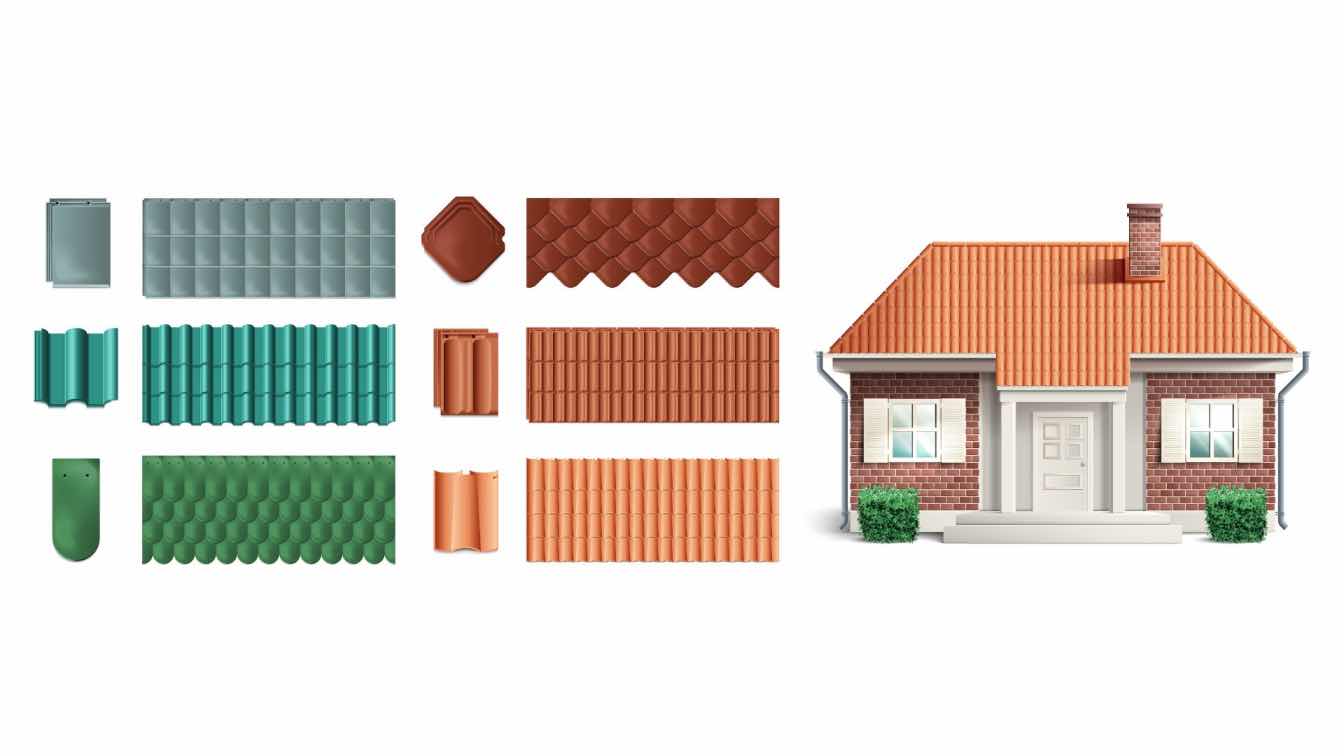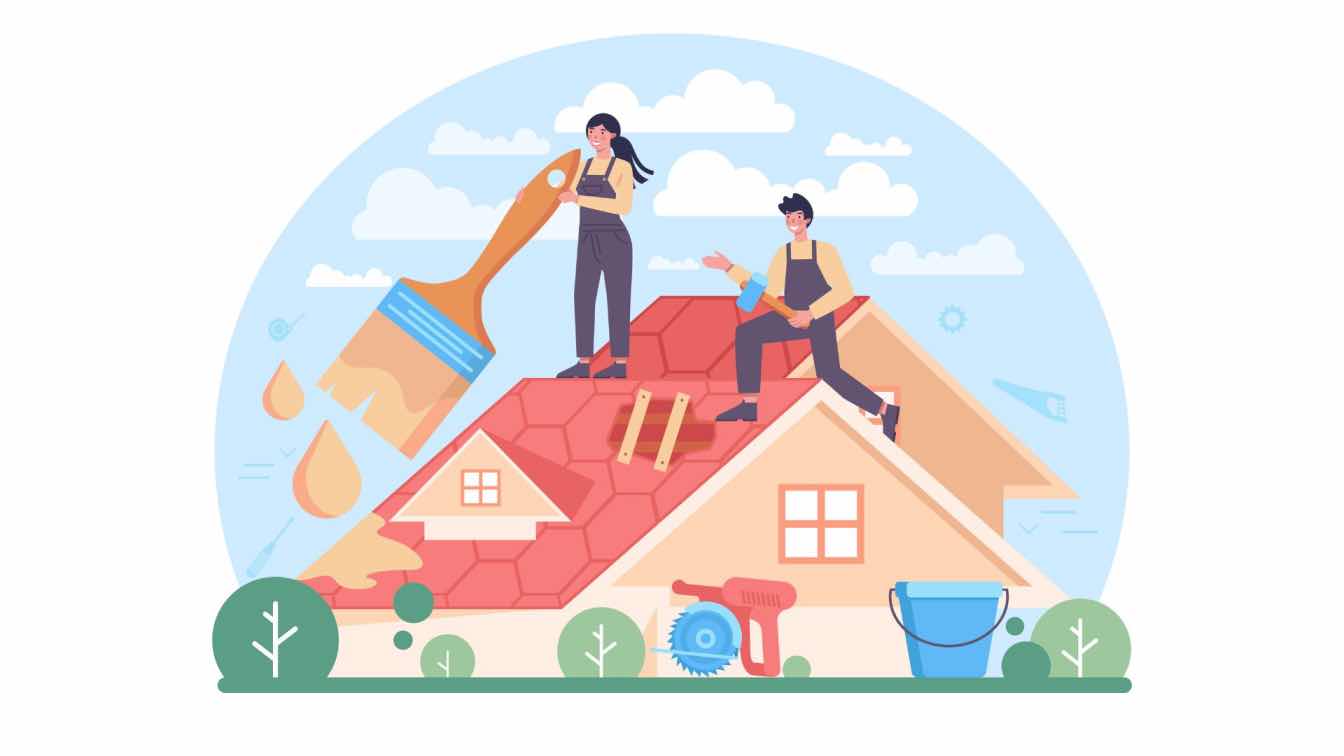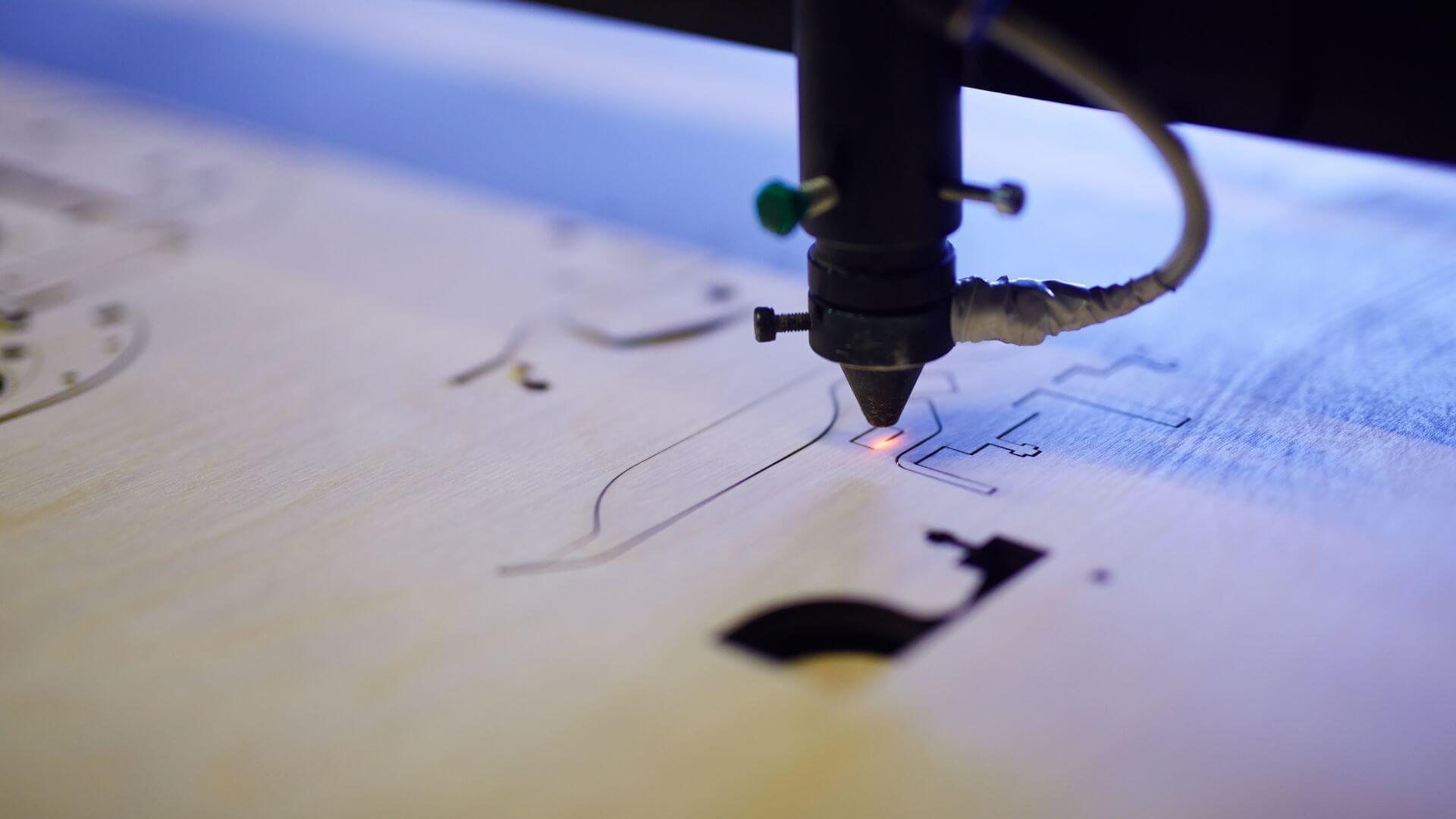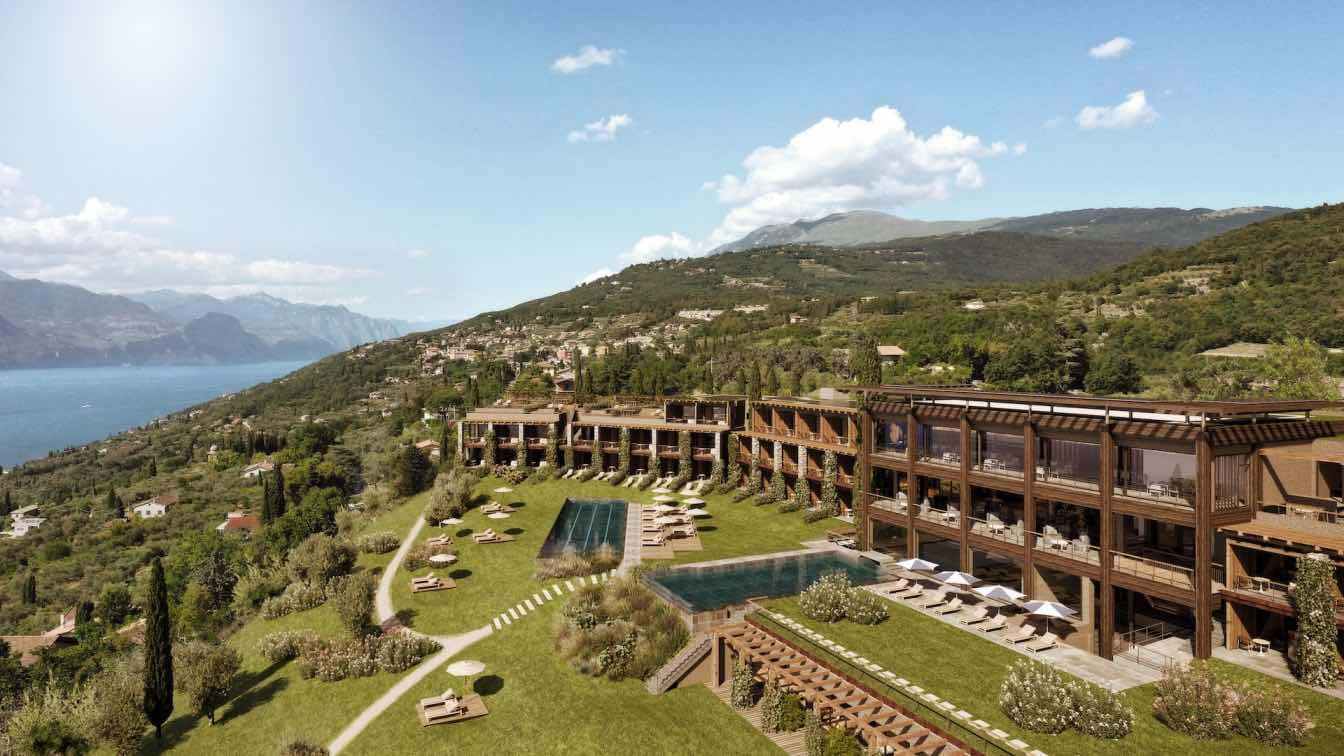The Pacific Northwest (PNW), known for its rainy climate, presents unique challenges for roofing materials due to its propensity for algae and moss growth. The region's weather conditions necessitate careful consideration when selecting roofing materials to ensure durability, efficiency, and protection against the elements.
The relentless rain, snow, and moisture in the PNW test the resilience of roofing systems. Continuous exposure to these conditions can lead to leaks, moss and algae growth, and accelerated deterioration of roofing materials. Moss and algae, thriving in damp conditions, can cause significant damage by trapping moisture against the roof surface, leading to further growth and deterioration. Snow adds weight and stress to roofing structures, while moisture accelerates wear and tear, leading to potential structural issues.
Importance of Selecting Suitable Materials
According to Near Me Roofing, a Seattle roofing company with a ton of experience in the pacific northwest, choosing the right roofing materials is crucial for homes in the region in order to withstand its harsh climate. Materials must be capable of handling excessive moisture, preventing water ingress, and resisting moss and algae growth. Factors influencing the choice of roofing materials include resistance to water absorption, ease of maintenance, durability against weather elements, and the roof's ability to drain well.
Cedar Shakes
Cedar shakes and shingles have long been celebrated for their natural beauty and insulation properties, making them a preferred roofing material in the Pacific Northwest (PNW). Their rustic, natural appeal not only enhances the aesthetic of homes but can also contribute to the overall value of the property. Crafted from well-managed forests in the Pacific Northwest and Canada, cedar roofing materials are considered a sustainable choice, offering a balance between environmental responsibility and architectural elegance.
Cedar's inherent properties make it well-suited to the PNW's challenging climate, characterized by high winds, heavy rain, and occasional hail. High-quality cedar shakes and shingles are available with Class 3 and Class 4 hail ratings, indicating their resilience to extreme weather conditions. Additionally, cedar's natural insulating qualities can help regulate attic temperatures—keeping homes cooler in summer and warmer in winter—thereby contributing to lower energy costs.
While cedar's natural beauty and durability are significant advantages, they come with the need for regular maintenance to preserve their condition and extend their lifespan. Cedar roofs are prone to moss, mold, and algae growth due to the region's damp climate. Proper ventilation and routine cleaning are essential to prevent debris accumulation and ensure the wood "breathes," maintaining its integrity over time. Pre-treated cedar products are available that offer enhanced resistance to moisture and decay, combining the traditional appeal of cedar with improved durability and less maintenance.
Cedar shakes and shingles are treated to enhance their resistance to insects and decay, including the development of natural tannins in red cedar that protect against deterioration and infestation. Despite these advantages, untreated cedar can be vulnerable to the elements, necessitating treatments to guard against UV damage and weather-related wear. Regular inspection and maintenance, including cleaning and application of protective coatings, are recommended to ensure the longevity of a cedar roof.
Metal Roofing
Metal roofs are renowned for their exceptional durability, making them perfectly suited to the PNW's climate. They can withstand heavy rainfall, strong winds, and even hail, attributes that are essential in a region where such conditions are common. Unlike traditional asphalt shingles, metal roofs are resistant to rot, mildew, and insect damage, ensuring your home stays protected in all seasons.
One of the most significant advantages of metal roofing is a long lifespan. Metal roofs can last between 40 and 70 years, far surpassing the lifespan of asphalt shingles, which typically need replacement every 20 to 30 years. This extended lifespan not only makes metal roofing a cost-effective choice over time but also reduces the need for frequent replacements, offering peace of mind and stability for homeowners.
Metal roofs contribute to a home's energy efficiency by reflecting sunlight and heat away from the building, which can lead to lower cooling costs in the warmer months. This reflective property can significantly benefit PNW homeowners by keeping their homes cooler in the summer, contributing to overall energy savings.
Environmentally conscious homeowners will appreciate that metal roofs are made from recyclable materials and are fully recyclable at the end of their lifespan. This contrasts sharply with asphalt shingles, which often end up in landfills and pose a more significant environmental disposal challenge. By choosing metal roofing, homeowners can minimize their environmental footprint while ensuring their home is protected.
The maintenance of metal roofs is notably straightforward, involving the clearing of debris and branches, with the metal surface naturally discouraging moss growth. This ease of maintenance is a boon for homeowners, especially in an environment where moss and algae growth can be problematic.
Today's metal roofs come in a variety of styles and colors, offering aesthetic versatility to match any home's design. Whether you're looking for a traditional look or a modern aesthetic, there's likely a metal roofing option to suit your preferences and enhance your home's curb appeal.
While the initial investment in a metal roof may be higher than some alternatives, the long-term benefits—ranging from durability and energy efficiency to environmental friendliness and low maintenance—make it a wise choice for PNW homeowners. Metal roofing not only provides reliable protection against the region's challenging weather but also offers a sustainable, cost-effective solution for those looking to upgrade their home's roof.
The takeaway
Choosing the right roofing material is crucial for ensuring the longevity and protection of a home in the Pacific Northwest. Whether it's the traditional appeal and natural insulation of cedar, or the durability, energy efficiency, and low maintenance of metal roofing, homeowners must weigh each option's advantages against its maintenance requirements and long-term sustainability. By selecting the appropriate roofing material, homeowners can ensure their property remains safe, comfortable, and aesthetically pleasing despite the challenging weather conditions prevalent in the region.





